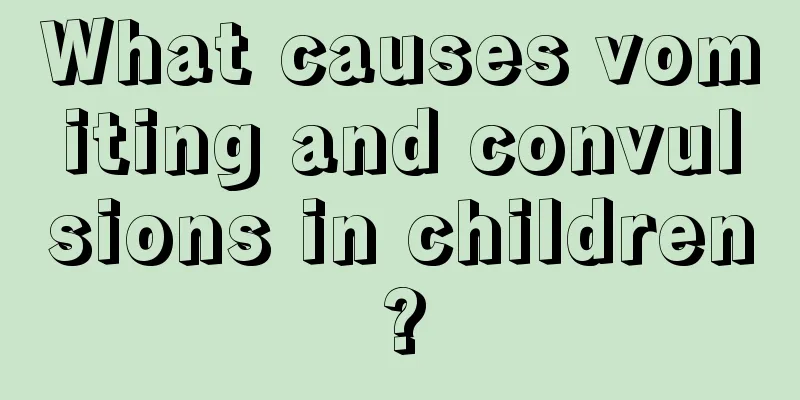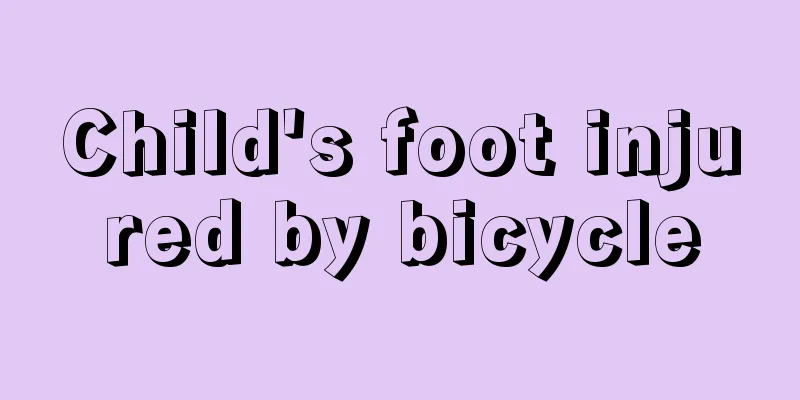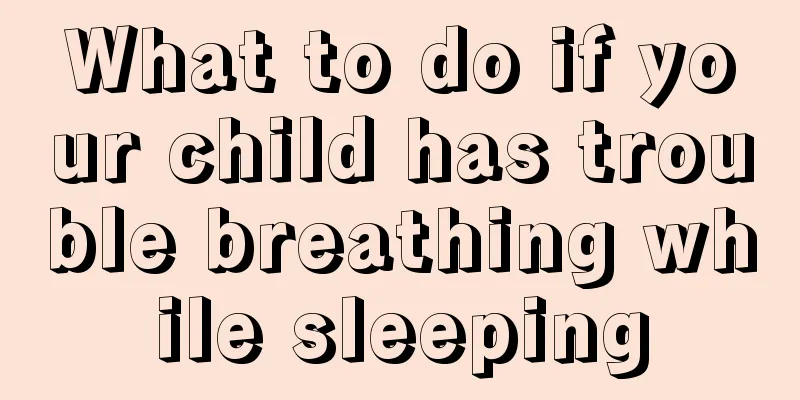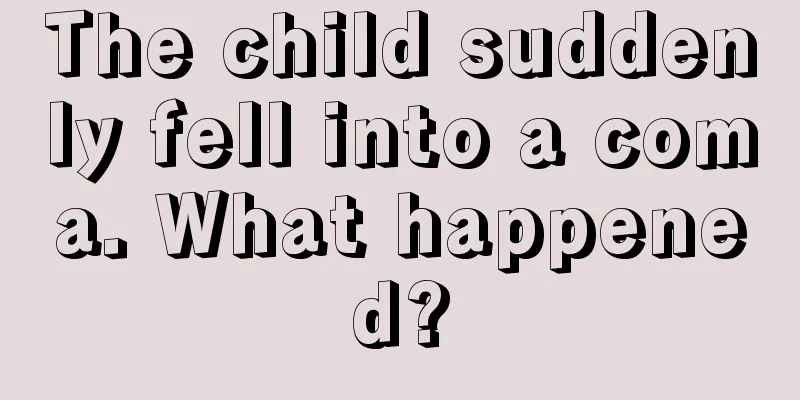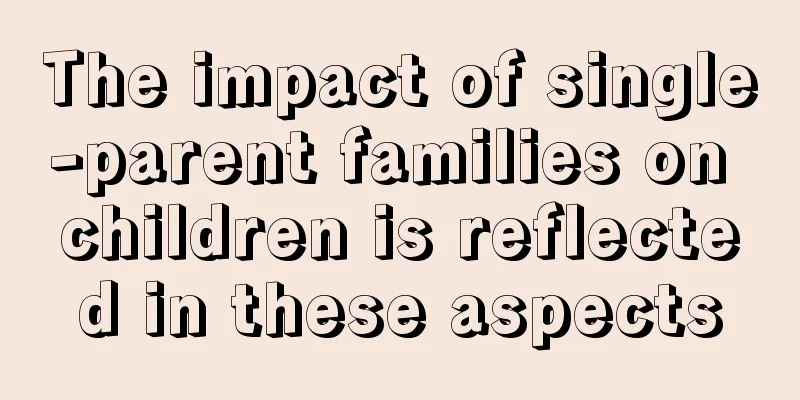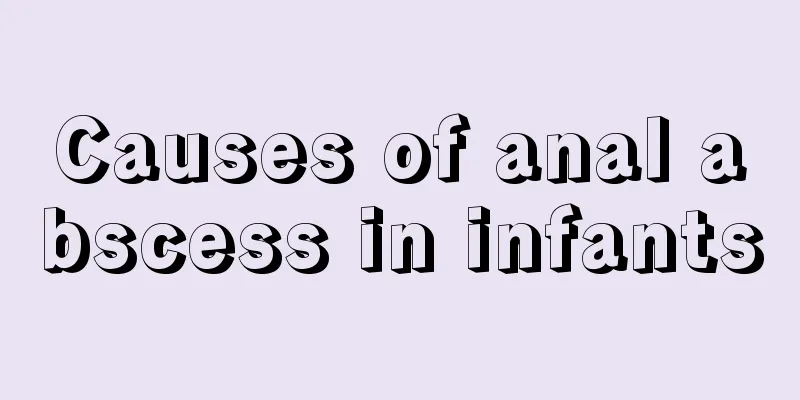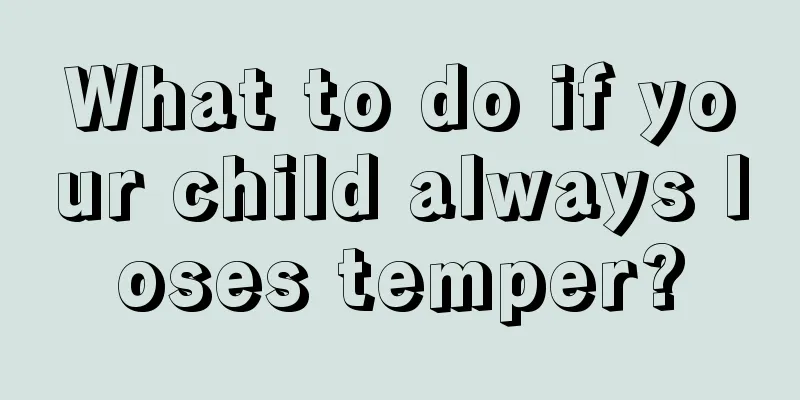What are the effects of general anesthesia in children?

|
We all know that when we need to perform some surgery or treat other diseases, anesthesia is sometimes needed to relieve pain. However, we all know that children should never be anesthetized blindly, because it can easily cause some side effects, or adverse effects and harm to their bodies. Therefore, children should not be anesthetized blindly. Pediatric anesthesia does have certain risks, but anesthetic drugs only temporarily affect the child's nerves, and the nervous system function will return to normal after anesthesia. At present, there is no organization or data in the world to show that under normal anesthesia operations, a child's intelligence is directly related to anesthesia. There is no direct relationship between children's intelligence and anesthesia The most basic anesthesia for children can be said to be: sleep + pain relief = anesthesia. Sleep is very important for pediatric surgery because children have a strong fear of surgery and find it difficult to tolerate pain and the discomfort caused by the fixed posture during the operation. Therefore, they need to be given sufficient sleeping pills. Commonly used drugs such as diazepam and midazolam have been clinically used for a long time and have been proven to have no major side effects and can wake up naturally. Commonly used analgesics for children include local anesthetics, central analgesics and inhaled anesthetics. The central analgesics and inhaled anesthetics currently used in clinical practice are all effective by subcutaneous injection or by entering the blood through lung breathing. This method has a transient effect on the brain, that is, it produces an analgesic effect when the concentration in the blood reaches a certain amount. When the drug is metabolized and transformed, the concentration in the blood decreases, the analgesic effect is reduced, and the anesthesia becomes lighter. When the drug is about to be completely excreted, the child will wake up. As long as the supply of inhaled anesthetics is reduced, the drugs are quickly excreted from the exhaled gas, and the child wakes up as the anesthesia becomes lighter. Children may experience confusion and drowsiness during the process of waking up from anesthesia, but it is normal for them to respond when called. Therefore, we say that anesthetic drugs only have a temporary effect on the child's nerves, and the nervous system function will return to normal after anesthesia. At present, there is no organization or data in the world to show that under normal anesthesia operations, a child's intelligence is directly related to anesthesia. Of course, there is currently no evidence that anesthetics have no effect on children's nervous system. Because children's physical condition is still in a developmental stage and their various functions are not very sound and complete, if total anesthesia is required due to some diseases, it must be fully assessed and understood, so as to avoid as much as possible the adverse effects on the child's health during the anesthesia process. |
<<: How to carry out neonatal rehabilitation training
>>: Introduction to family rehabilitation training methods for children with cerebral palsy
Recommend
Treatment for back pain in children
Children's back pain often makes us parents a...
What to do if your newborn is breathing heavily
Many careful parents may have observed that their...
Things to note when it comes to baby development indicators at two months old
In fact, when taking care of your baby, you need ...
Is it possible to see blood in children's urine?
Hematuria is a common phenomenon in normal times....
The easiest way to treat a child's stuffy nose
Children often have nasal congestion problems. In...
What are the four major childhood diseases?
For young children, because their immune function...
What to do if your child has gingivitis
Gingivitis is a common oral disease in children, ...
Solutions for newborn baby frowning
We may have seen many children frowning. This sit...
Can baby's overeating cause coughing?
When babies are young, it is easy for them to hav...
What is the reason for the white spots on the baby's nose?
When a baby is just born, his skin is generally v...
What to do if your child bites his nails
Nowadays, many children like to bite their nails,...
Newborns need early education to develop their five senses
In addition to nutritional supply, the developmen...
If children's snoring is not treated, the "sequelae" will make parents regret it for life
Snoring while sleeping seems to be too common in ...
How to reduce jaundice in children faster
Most pediatric jaundice is physiological jaundice...
Can stimulating the pituitary gland make you taller?
There is a rumor circulating quietly among some p...
